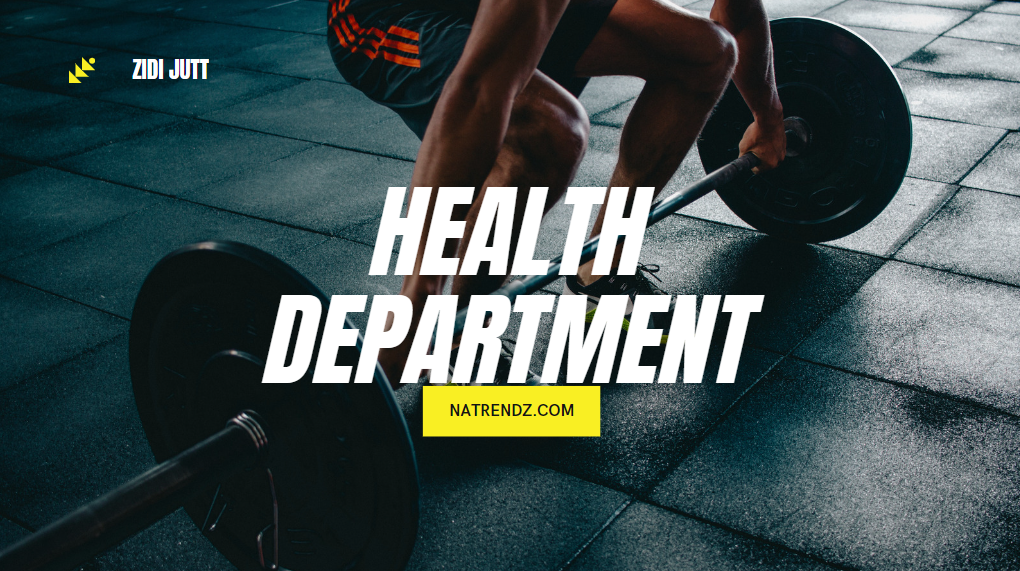Introduction
Health department play a critical role in safeguarding and promoting public health within communities and beyond. These governmental agencies are responsible for a wide range of essential functions that ensure the well-being of individuals and address potential health risks at both local and national levels. In this article, we explore the significance of health departments, their key responsibilities, and the impact they have on public health.
What is a Health Department?
A health department is a government agency dedicated to protecting and improving the health of the population it serves. It operates at various levels, including local, state, and federal, each with distinct responsibilities and areas of focus. Health department work in collaboration with healthcare providers, community organizations, and other stakeholders to address health concerns and promote overall well-being.
Also Read : Waht is Health equity?
Local Health Departments: Nurturing Community Health
At the grassroots level, local health departments are the first line of defense in safeguarding community health. They serve specific cities, counties, or regions and are deeply involved in understanding the unique health needs of the local population. Local health department often provide essential services such as immunizations, disease surveillance, health education, and maternal and child health programs.
Key Responsibilities of Local Health Department:
- Disease Surveillance: Local health departments monitor the occurrence of diseases in the community, detecting outbreaks and taking prompt action to control the spread of infections.
- Immunization Programs: They administer vaccines and organize immunization campaigns to protect individuals from preventable diseases.
- Health Education: Local health department conduct health education programs to raise awareness about health issues and promote healthy behaviors within the community.
- Environmental Health: They monitor environmental factors that can impact public health, such as air and water quality, food safety, and sanitation.
- Communicable Disease Control: Local health departments work to prevent and manage infectious diseases, ensuring prompt treatment and contact tracing to limit transmission.
State Health Departments: Coordinating Public Health Efforts
State health departments oversee multiple local health department and serve as a hub for coordinating public health efforts across regions within a state. They play a critical role in disaster preparedness, emergency response, and the distribution of resources to address health challenges effectively.
Key Responsibilities of State Health Departments:
- Coordination and Resource Allocation: State health departments coordinate public health initiatives, allocate resources, and provide technical assistance to local health department.
- Epidemiological Investigations: They conduct in-depth investigations of disease outbreaks and patterns to identify risk factors and design targeted interventions.
- Health Policy Development: State health departments work with policymakers to develop health policies that align with the unique needs of the population.
- Licensing and Regulation: They oversee healthcare facilities, ensuring compliance with health standards and regulations to maintain public safety.
Federal Health Departments: Guiding National Public Health Policies
At the national level, federal health department are responsible for developing policies and programs that impact the health of the entire country. The U.S. Department of Health and Human Services (HHS) is the principal federal agency overseeing public health initiatives in the United States.
Key Responsibilities of Federal Health Departments:
- Public Health Research: Federal health departments conduct and fund research to address public health challenges, advance medical knowledge, and develop evidence-based interventions.
- National Health Initiatives: They design and implement national health programs and campaigns, such as those focused on disease prevention, health promotion, and access to healthcare.
- Emergency Preparedness and Response: Federal health department play a crucial role in responding to public health emergencies, such as pandemics, natural disasters, and bioterrorism threats.
- Funding and Grants: They allocate funding and grants to support state and local health departments in their public health efforts.
The Collaborative Nature of Public Health
Public health efforts are highly collaborative, involving partnerships between health department, healthcare providers, non-profit organizations, community leaders, and the general public. By working together, these stakeholders can address complex health issues more effectively and efficiently.
Conclusion
Health department serve as the backbone of public health efforts, playing a vital role in promoting the well-being of individuals and communities. Through their disease surveillance, health education, emergency preparedness, and policy development, health departments work tirelessly to safeguard public health. As we continue to face new challenges and emerging health threats, the dedication and expertise of health departments remain essential in building a healthier and more resilient society for all.

